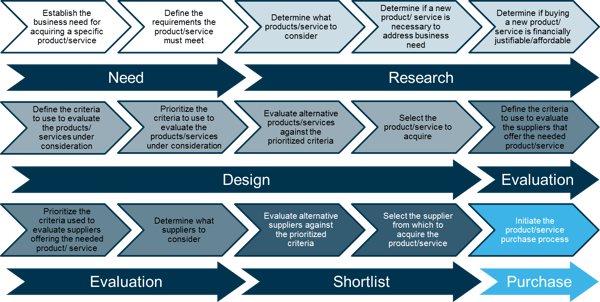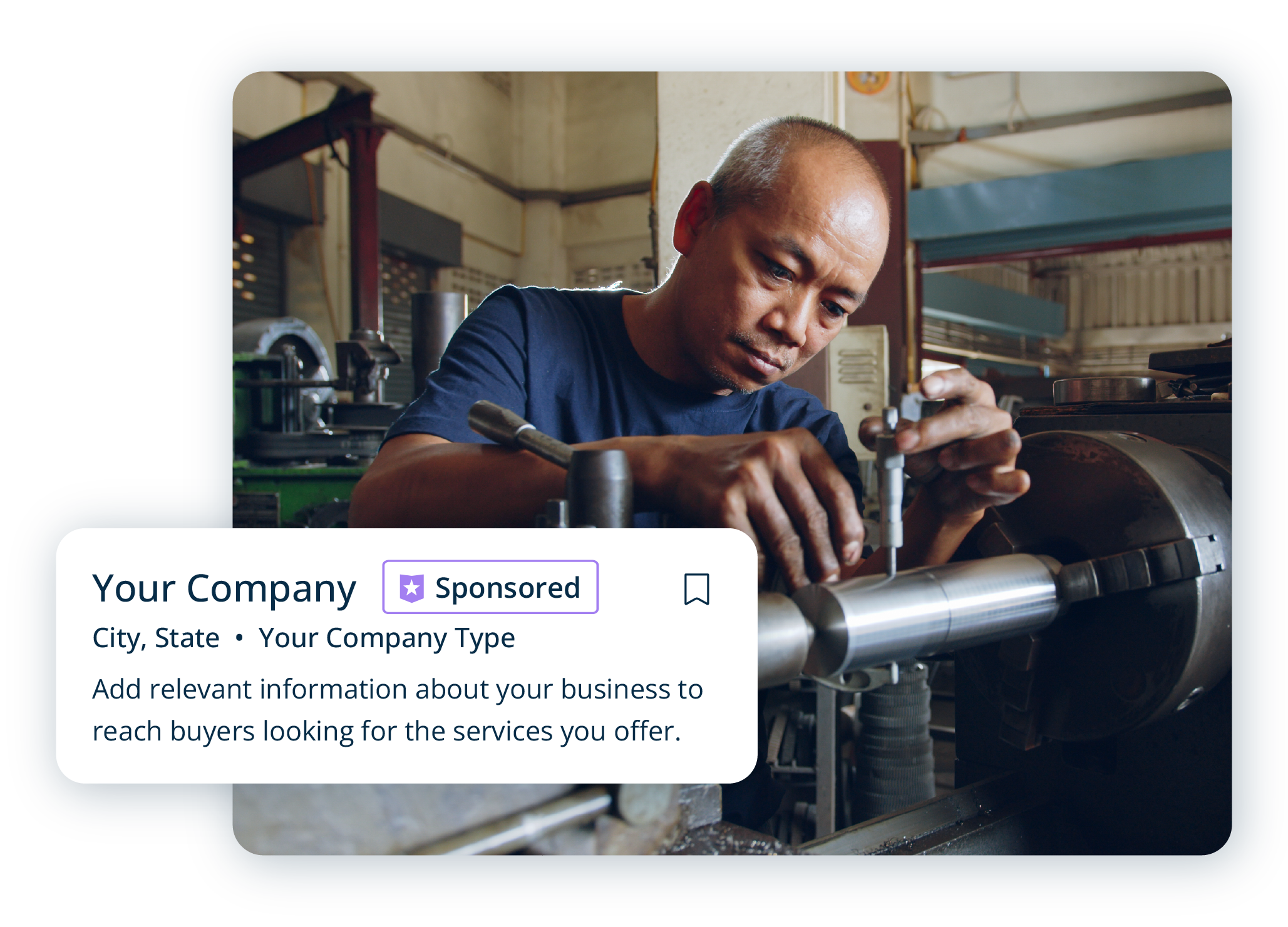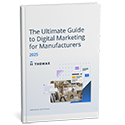Industrial Marketing: Trick Or Treat?
Jay Scheer October 25, 2018
As a kid, one of the best parts of Halloween came at the end of the night, when you would rush home and dump out your bag of goodies to see what you got. Of course, you hoped that your bounty contained tons of your favorite treats. But inevitably, hidden amongst the chocolate bars and fruit snacks, you'd come across something truly terrifying — like spare change or a pencil sharpener. What a letdown!
 When it comes to industrial marketing, the advice you get can be a lot like your Halloween haul — a mixed bag of sweet insight and disappointing duds (not Milk Duds though; those things are delicious). So which common marketing tips are just tricks, and which can be a treat for your manufacturing business and your bottom line?
When it comes to industrial marketing, the advice you get can be a lot like your Halloween haul — a mixed bag of sweet insight and disappointing duds (not Milk Duds though; those things are delicious). So which common marketing tips are just tricks, and which can be a treat for your manufacturing business and your bottom line?
🎃 Trick: All You Need To Be Successful Is A Website
🍬 Treat: Your Website Needs To Be Part Of A Comprehensive Marketing Strategy
It’s true that your website is probably your company’s single most important digital asset, serving as the online home of your manufacturing brand. However, these days, just having a website is not enough to ensure success.
First of all, your website needs to be optimized not only for lead generation, but for your visitors as well. That means making sure your site has all the right elements — past page load times, mobile responsiveness, intuitive navigation, friendly forms, and security. In addition, it’s important to remember that “website design” isn’t a one-and-done event; for best results, you should continually test and optimize your site by embracing conversion rate optimization and A/B testing.
Even a great, optimized website won’t do much for you on its own. To make the most of it, it needs to be complemented by smart email marketing, SEO and PPC strategies that drive the right kind of visitors to your site, utilizing engaging, relevant, and search-friendly content to bring people into your digital universe and convert them into prospects.
🎃 Trick: B2B Marketing Is Very Different From B2C Marketing
🍬 Treat: B2B Buyers Are Very Different From B2C Buyers
There's a widespread misconception that B2C tactics have no place in a B2B world. That's simply not true. No matter who you are targeting, inbound marketing is about establishing trust, offering helpful content, and guiding people through their buying journey.
The difference, however, lies in the length and complexity of that journey. While the consumer buying journey is typically three phases — awareness, consideration, and decision — for B2B buyers in the industrial space, that journey involves 15 distinct steps with 225 related tasks. Therefore, you need to take a digital marketing approach that engages buyers at every touchpoint throughout the process.

In addition, while both consumers and B2B buyers have similarly high expectations when it comes to their online user experience — fast load times, quick access to information, seamless navigation — the tools they use to drive those experiences are very different.
Today's buyers, procurement teams, and engineers don't rely on generic search engines to do their jobs when sourcing new suppliers; these professionals use professional tools like Thomasnet.com. Creating a presence on these professional resources is essential if you want to connect with this high-value audience.
🎃 Trick: SEO Is Dead
🍬 Treat: SEO Is Changing
"SEO is dead" makes for a great, eye-catching headline. But it also makes for some pretty awful advice. While PPC, social media, and social advertising have all gained increasing prominence in recent years, organic SEO is still very much a critical component of an effective industrial marketing strategy.
However, it is an ever-shifting, ever-evolving discipline with constantly changing rules. If you're not constantly changing and evolving your strategy, you could see diminishing results.
🎃 Trick: Focus On The Metrics
🍬 Treat: Focus On The Metrics That Actually Matter
When it comes to marketing, metrics absolutely matter. After all, you need to be able to measure your results in order to assess your efforts and ensure that you are realizing a return on your investment.
However, too many industrial marketers and agencies focus on the wrong types of metrics — clicks, views, impressions, social media likes, etc. Instead of these vanity stats, you should focus on metrics that align with your actual business goals, such as conversion rates, cost-per lead, and lead volume numbers.
But going beyond numbers and turning them into names? That's even better. Instead of basic analytics, arm you and your sales team with actionable opportunity intelligence — and get a real-time look at the in-market buyers who are interacting with you online.
🎃 Trick: You Can Do It All
🍬 Treat: You Probably Shouldn't Do It All
You wouldn't let a web designer operate a machine on your shop floor; they don't have the right skills to do the job correctly. However, many manufacturing executives try to tackle marketing themselves, or they ask their existing employees to moonlight as content writers, social media managers, and web designers. The results, as you might expect, are not awesome.
It's great to take an active and hands-on role in marketing your manufacturing business. However, you probably have a lot on your plate as it is. Working with an agency can take some of the pressure off your shoulders, and give you access to expertise in areas like web development, SEO, writing, email marketing, and other essential aspects of marketing. It's also the best way to scale your marketing efforts, giving you the flexibility to add new tactics and channels as your company grows.
Of course, not all agencies are the same. You need to do your due diligence and ask the right questions in order to find the partner right for your company.
Get Sweet Results
At Thomas, we've helped thousands of industrial companies attract new buyers and grow their companies. We know what it takes to drive results, so contact our team today, and have a very Happy Halloween!
Did you find this useful?









